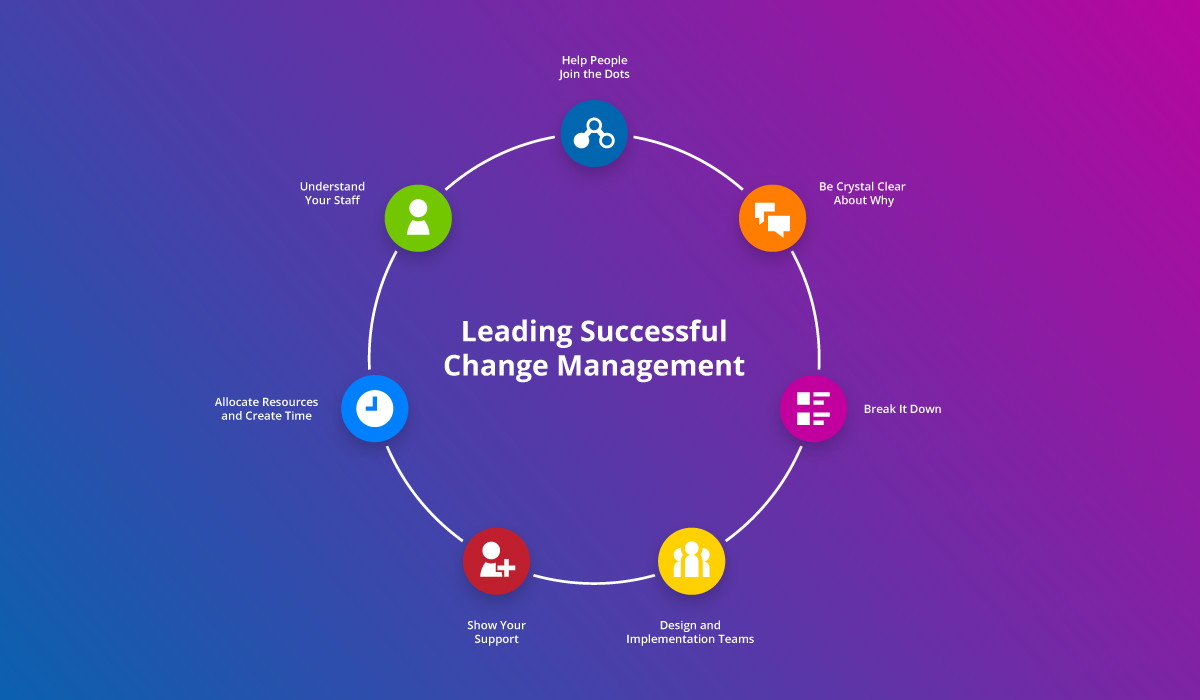Online formative assessment is increasingly being recognised for promoting self-directed learning and supporting students during their educational journey and beyond. Regular feedback—a key benefit of formative assessment—nurtures students as they learn and ensures they continue to improve and develop their confidence. So, when formative assessment is migrated online, its benefits are exemplified and highly advantageous for the learning journey.
Formative Assessment Definition
Let’s first start by defining formative assessment. Formative assessment is using assessment for learning, as opposed to assessing how much has been learnt. It’s about reflecting and gathering feedback on progress that has been made, as well as looking at future improvements during the school term, rather than only at the end.
Student participation, which is more common with formative assessment than it is with summative assessment, encourages students to take control of their learning and has more positive effects on not only their grades, but their mental states as well.
This is because formative assessment identifies the strengths and weaknesses of the student before class units or modules are completed, giving them time to improve while still in class. It also gives educators information about where they may need to spend more time instructing students.
Taking Formative Assessment Online
A key characteristic of formative assessment is that it needs to include regular comments and feedback on student progress. By receiving feedback in real-time, the benefit of formative assessment for the student is realised. Unfortunately, traditional formative assessment methods lack this real-time quality and fail to encourage ongoing reflection.
But when formative assessment is taken online, there are several benefits that come to the forefront and assist with enhancing the growth mindset of the student.
Through key benefits like continuous feedback and personalised learning, online formative assessment nurtures the student and encourages greater student commitment. It provides a more enriched and interactive learning experience beyond the classroom.
An online assessment setting also gives teachers opportunities to be more creative with how they deliver education. For example, they can use more enriching, interactive content, such as videos and quizzes, to engage students. The data they gather from the results of the assessment further helps educators better tailor their teaching to suit a wider cohort.

Take a look at 7 key benefits of online formative assessment below.
1. Continuous Feedback
Online formative assessment allows teachers to share feedback continually and in real time. This prompts students to become active learners, rather than passive learners, by staying up to date and taking part in their education. The sooner they know if they are struggling with a particular topic, the sooner they can ask for help and improve.
With continuous feedback, teachers can now utilise technology to provide assessment information online, and students and parents can be notified of learning performance instantaneously. Additionally, the opportunity for providing annotated copies of a student’s work and typing limitless feedback for the student means there are less restrictions than traditional reporting.
2. Personalised Learning
By moving formative assessment online, there are also more opportunities to create interactive and personalised assessments that target the different learning levels of students. And how do you know the different levels of each student? Well, with formative assessment, you can also determine the level of each student from the results gathered. Since online formative assessment encourages ongoing feedback, you will also know at any given time, the progress of each student. Additionally, with personalised learning, feedback will become tailored to the specific abilities of the student.
3. Flexibility
Online formative assessment gives students more flexibility to learn in their own time, which is often lacking with traditional assessment settings. Students can revisit feedback or topics covered in class from the comfort of their own home, as well as access references or learning material recommended by teachers for further learning opportunities.
4. Self-Directed Learning
Digitools like online reflective journals can provide students the opportunity to set their own learning goals and aspirations. This not only provides them control over their learning journey, it allows them to self-direct their learning and improve on areas that are of interest to them.
5. Transparency
Moving assessment online and into the virtual classroom creates greater transparency for learners and educators, giving them the ability to access resources online, and at any time, check feedback or progress. In particular, this transparency allows for:
- Timely feedback: with an online setting, students can receive feedback as soon as the teacher has given it.
- Reflective feedback: The three pillars of effective feedback is that it’s immediate, personalised and consistent—this can be done in a much more constructive and transparent way online.
- Constructive feedback: this isn’t unique to online assessment, however, through the sheer variety of tools available in an online setting, teachers are able to give much more honest and constructive feedback than in a paper-based environment.
6. Learning Analytics
Moving formative assessment online opens up a world of opportunities for gathering information about a student’s approach to learning, mainly from assessment data. It allows teachers to view analytics and identify where students are struggling, for example, and then optimise their assessments to suit a wider cohort or identify topics which may need further clarification.
7. Higher Order Thinking
Because students can set their own goals and keep track of their progress with online formative assessment—while being able to access all of their feedback online when they want—students are empowered to take control of their learning goals and aim high.

Introduced correctly, the advantages of online formative assessment are vast, and helps support students at all stages of the learning journey.
Technology enhances formative assessment by improving feedback timeliness and quality, allowing the opportunity for more personalised assessment, and providing data that gives educators better insights into a student’s abilities.
By utilising online tools for formative assessment, teachers can support a student’s learning journey, allowing them to improve as they go and instilling a sense of confidence throughout the different stages of the learning experience.
If you require support with student-centered learning practices like formative assessment, or want to learn more about how you can use its benefits for your school, talk to the Schoolbox team today.
Want to learn more about student-centred learning practices? Take a look at our other articles:






